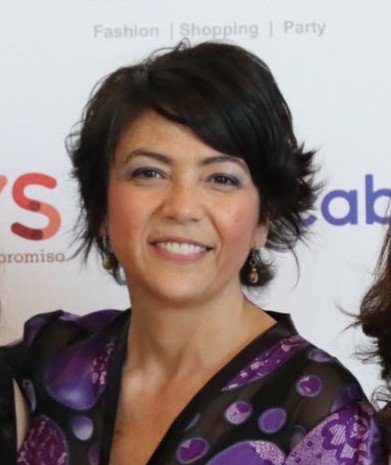
Analysis of Kidney Transplantation Results of Very Highly Sensitized Patients Included in a Virtual Crossmatch Programme and their Kidney Pairs. Results of 5 Years Since the Beginning of the Protocol. Andalusian Group for Highly Sensitized Patients
Auxiliadora Mazuecos Blanca2, Antonia Alvarez Marquez1, Corona Alonso Diaz 9, Abelardo Caballero Diaz10, Mercedes Cabello Diaz5, Carmen de Gracia Guindo4, Teresa Garcia Alvarez 2, Antonio Garrido Torres-Puchol 8, Maria Francisca Gonzalez Escribano 11, Francisco Gonzalez Roncero 6, JESUS HUET RUIZ-MATAS1, Antonio Nieto Diaz 7, Alberto Rodriguez Benot3, Manuel Alonso Gil 1.
1Regional Transplant of Andalusia , Andalusian Health Service , Sevilla, Spain; 2Nephrology Department, Hospital Puerta del Mar, Cádiz, Spain; 3Nephrology Department, Hospital Reina Sofía, Córdoba, Spain; 4Nephrology Department, Hospital Virgen de las Nieves, Granada, Spain; 5Nephrology Department, Hospital Regional de Málaga, Málaga, Spain; 6Nephrology Department, Hospital Virgen del Rocío, Sevilla, Spain; 7Immunology Department, Hospital Puerta del Mar, Cádiz, Spain; 8Immunology Department, Hospital Virgen de las Nieves, Granada, Spain; 9Immunology Department, Hospital Reina Sofía, Córdoba, Spain; 10Immunology Department, Hospital Regional de Málaga, Málaga, Spain; 11Immunology Department, Hospital Virgen del Rocío, Sevilla, Spain
ANDALUSIAN GROUP FOR HIGHLY SENSITIZED PATIENTS.
Background: Organ-exchange strategies based on virtual crossmatch (V-XM) can improve kidney transplantation in very highly-sensitized (HS) patients.
Methods: Andalusia started a V-XM protocol for very-HS patients in june, 2012 (calculated panel reactive antibodies 95%). After organ allocation a cytotoxic-XM performed immediately before transplantation had to be negative for surgery to proceed.
The results of 5 years since the beginning of this protocol are analyzed. Whenever possible we also compared the course of the recipient (non-HS) of the other kidney from the same donor.
Results: Of the 87 grafts, 77 kidney transplantations were performed (the pretransplantation cytotoxic-XM was positive in 10; predictive value 88.8%).
10 patients (12.9%) experienced acute rejection (6 antibody-mediated rejections (AMRs);7.7%). Donor specific antibodies developed in 14 patients. One patient died but he had received a combined liver-kidney transplantation and died by liver failure.
One-year graft survival was 98%. One-year graft survival was 97% among HS patients.
We compared the course of the non-HS recipient of the other kidney, excluding cases with no pair (n:10), pairs who were children recipients(n:3),pancreas-kidney recipients(n:5), Liver-Kidney recipients(n:6) or pairs already included in the V-XM protocol (n:20). Finally, 46 pairs were studied. More HS-patients developed donor-specific antibodies (p=0.042). No significant differences were seen in acute rejection, but AMR was more common(p:0.054). One patient died in each group but dead was not related with kidney transplant, and there were no differences in graft survival or renal function.
Conclusion: Although a few patients still developed AMR, our V-XM based protocol with a final pretransplantation cytotoxic-XM achieved very satisfactory results. Immunological monitoring is very important in the follow- up of HS patients. Although the number of patients was limited, the initial survival of these high-risk recipients was comparable to the controls. We observe a decrease in 5-years graft survival among HS patients but with not statistical significance.
